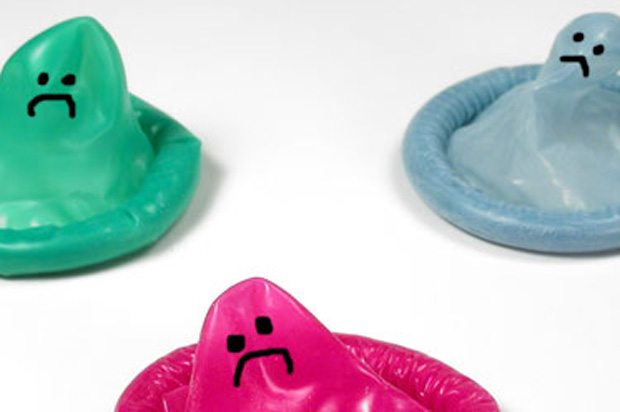Let’s get things going in the bedroom rather than on Earth, shall we? Climate change, global warming, ocean acidification, biodiversity loss, and so on have all arrived in 2022. If you’ve ever considered ways to reduce your carbon footprint, chances are changing up your sex life didn’t make the cut—even though it should have, and here’s why.

Aside from sustainable fashion, environmentalists are now advocating for the adoption of a sustainable sex life, which includes the use of eco-friendly sex toys, lubricants, condoms, and other items to reduce the planet’s waste load. But, come to think of it, sustainable sex isn’t such a novel concept. “The ancient Indian ‘Kama’ festivals were all linked to nature.” They claimed that if you could arouse nature to her full delight—flowers blooming, sap gushing from trees, greenery flourishing—a replication of that desire and arousal would trickle down to the human race.
Eco-friendly sex should not only focus on what we give back to our planet but also on what we end up placing in our bodies under enticing labels like “long-lasting” and “exciting.” Investigating how toxic substances used in condom manufacturing, such as carcinogenic elements, parabens, benzocaine, and glycerine, have a negative impact on women, increasing their risk of contracting STIs and disrupting hormonal balance.

She continues, “In an effort to change the narrative of sex with my toxin-free brand,” “It’s time to shine a light on women’s issues and needs. With men-centric advertising and a lack of understanding of how women react to contraception and its impact on their minds and body, making contraception healthier has become an urgent need. The elimination of single-use plastic condom packaging is the first step in this process, followed by the use of sustainably sourced raw materials to create condoms free of harsh, irritant-causing chemicals, and a manufacturing process that reduces water waste by avoiding the use of accelerators to bind the latex.”
But wait, are condoms the only non-biodegradable waste source? “Nah-nah-nah-nah-nah- Plastic and latex play an important role in sex and intimacy, as well as waste buildup, from contraception to devices that enhance the experience of pleasure. While the West has made significant interventions on this issue, India has not been able to tap into this market and welcome change as smoothly.
We feel compelled to address another pressing issue while investigating the environmental impact of sustainable sex: Will sustainable sex change the face of intimacy?
“Modern India has only recently begun to openly explore the realm of pleasure products. And, due to accessibility issues, most people are content with simply being able to obtain them. It all comes down to quality and affordability—and, eventually, eco-friendliness. That being said, now is an excellent time to introduce the concept of sustainable sex products and invite them into the mainstream “Seema Anand contributes.
“It’s a step in the right direction when a society begins to understand people’s right to pleasure, as they wish to feel it, rather than an insistence on needing to conform.” If a couple can discuss the purchase of pleasure products based on their environmental friendliness, it’s a clear sign of trust, understanding, and an open line of communication; and that, in itself, is the first step to better intimacy.

